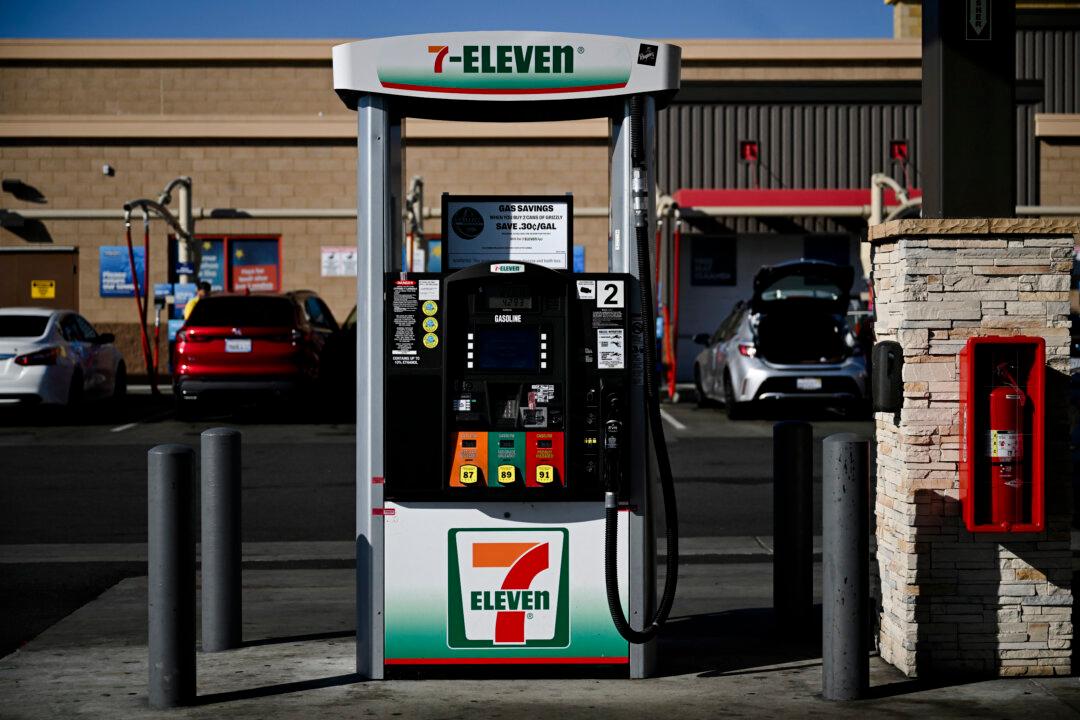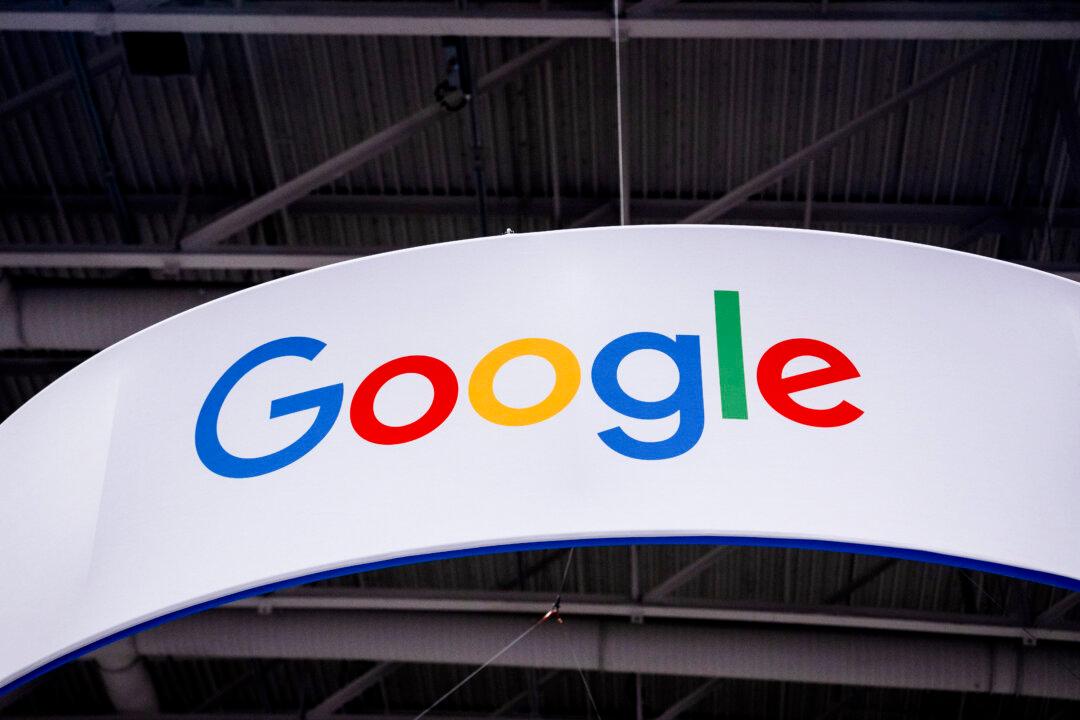As a possible blockbuster Couche-Tard–7-Eleven deal overhangs the industry, convenience-store operators who survived the pandemic are now looking to bolster store traffic with more attractive in-store food offerings and customer loyalty programs that encourage drivers to fill their tanks and stay a while.
From supermarket-sized Buc-ees with trash-free parking lots, dozens of gas pumps, sparkling bathrooms, and free electric vehicle (EV) charging spaces for weary drivers to Murphy USA convenience store’s strategically shadowing the Walmart footprint, the industry is shedding its former reputation as quick-exit, gas-and-go stations with overpriced fountain drinks, snacks, and food, experts say.





